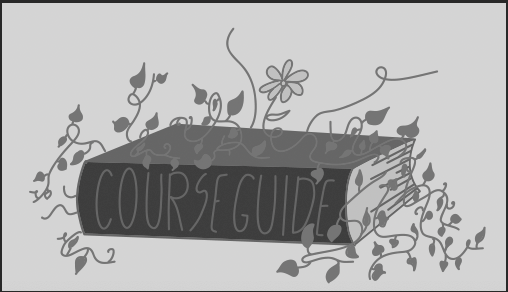With 30 students crowded into an English classroom, I felt like everyone was looking over my shoulder.
In each of our dean meetings, we were completing a personality test, trying to identify our traits and how we are seen in the world.
As I filled out questions there was a common thread between all of my responses, which was evident in my five letter psychological type. When I received my results, I was disappointed to see “I”, for introvert.
All of my friends had gotten extrovert, and I didn’t understand how I could be so different from them. This left me questioning why I was so discouraged by my “I”.
Every person is a varying degree of introvert and extrovert as it is hard to identify with one category completely.
However, there are many students like me, who I think of as the extroverted introverts. Around our friends, we are loud and participate enthusiastically in conversation, but in unknown social situations or large classroom settings, we fall silent.
That is not to say that I never open my mouth in class, but I am not the kid who raises their hand for every question.
Generally, our society values extroverts, outgoing people who thrive off of constant conversation.
They are said to be better leaders, as introverts are typically criticized for being too reserved or closed off.
But introverted doesn’t automatically mean shy and quiet all the time, but rather that they gain energy from being alone instead of from being with other people.
Constant socializing can be exhausting and draining, and having time alone to focus on just yourself gives introverts like me time to recharge.
Introvertedness is commonly associated with homebodies who never leave their room and hate going to dinner or out with friends.
It is seen as a negative and often associated with distant or uninterested. I would argue that, in actuality, it is quite the contrary.
Being less talkative means that you are listening even closer, giving your peers or teachers the chance to share their opinion before you immediately express yours. This creates room for thoughtfulness and a focus on determining what you are going to say before you say it.
We don’t all fall in a category, and many of us have different sides of our personality, but it can be easy to discredit the less outgoing piece.
After years of pushing myself to talk more, strike up conversations with strangers and be more like my friends, I’ve realized that it’s okay to be shy.
I am allowed to stay at home more than I go out and I don’t have to thrive off of lengthy conversation.
I determined that those qualities shouldn’t be viewed as a negative and instead be understood by society.
With silence comes a considerate and astute understanding of what others are saying, and can often lead to better observation.
Enjoying what people have to say and waiting to immediately share your point of view is a good leadership quality and should be valued just as much as talking nonstop.
Gaining energy from being alone shouldn’t be indicative of someone who is disinterested or someone who doesn’t deserve the attention and respect of others. This attribute should be celebrated just as being extroverted is.
So if you ever want to get better at listening, talk to an introvert, although they might not want to talk to you.




































